Why the UK and EU are fighting over bananas
Brexit means Britain can drive the cost of the 'unsustainably' cheap fruit down even further
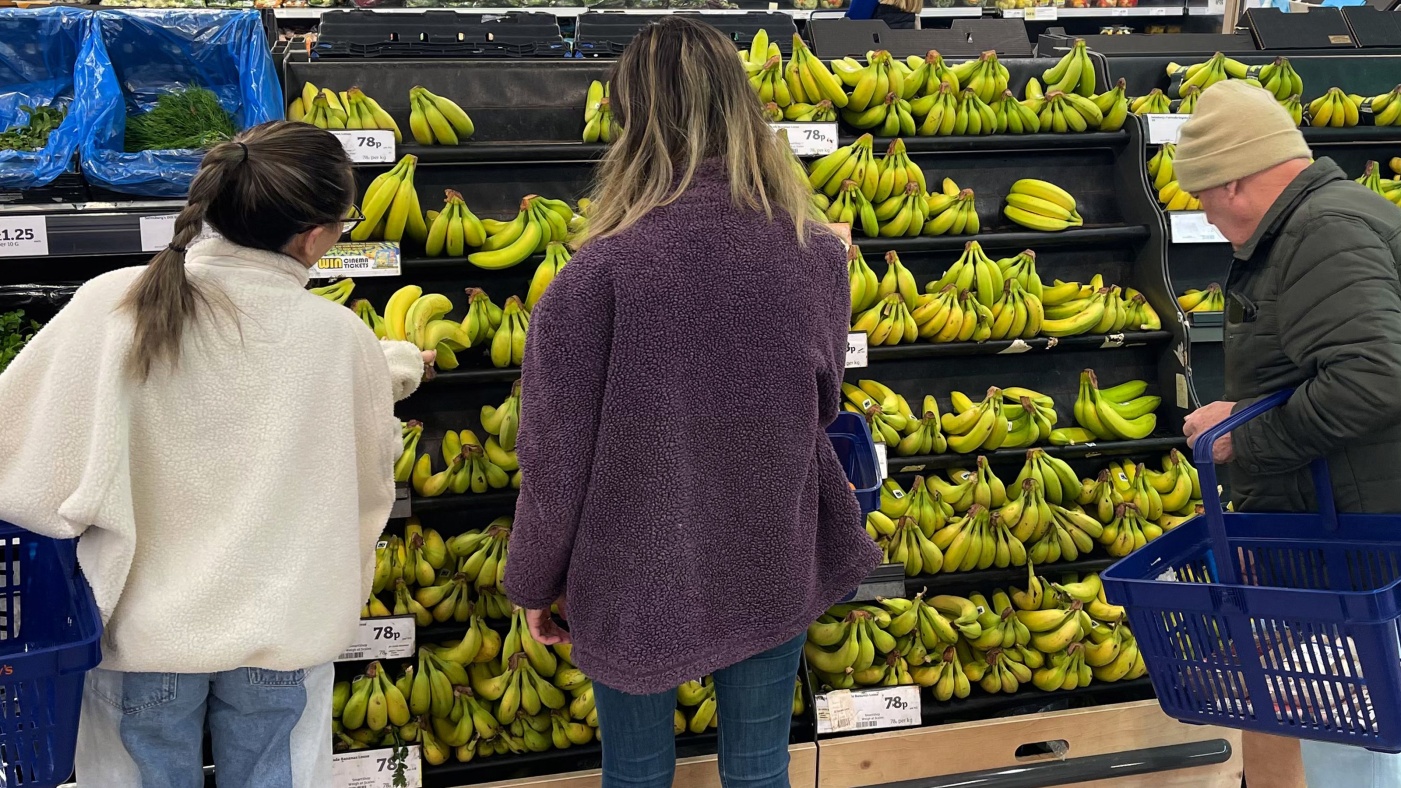
A free daily email with the biggest news stories of the day – and the best features from TheWeek.com
You are now subscribed
Your newsletter sign-up was successful
The cost of bananas, which has not gone up at all in the UK in the last three decades, could now be about to fall in a controversial move made possible by Brexit.
The banana is "one of the few British supermarket staples to have bucked the trend during the cost of living crisis", said The Guardian. In fact, the price today, around 115p per kilo, is the same as it was in 1990.
The UK's banana market is dominated by the "dollar banana" producers of Latin America, who can sell their product cheaply due to rolled-over European Union-negotiated free trade deals that have significantly reduced import taxes.
The Week
Escape your echo chamber. Get the facts behind the news, plus analysis from multiple perspectives.

Sign up for The Week's Free Newsletters
From our morning news briefing to a weekly Good News Newsletter, get the best of The Week delivered directly to your inbox.
From our morning news briefing to a weekly Good News Newsletter, get the best of The Week delivered directly to your inbox.
In 2019, the EU promised not to cut tariffs imposed on big producers any further "in recognition of the impact on the smaller African competitors". But the UK's exit from the European Union has "freed it from that pledge to the world's poorest", said the paper.
The latest
As part of its trade deal with Andean countries – Colombia, Ecuador, and Peru – the UK government is currently conducting a review of banana tariffs.
Afruibana, the Pan-African association of banana producers and exporters, has said the move to diverge from the EU commitment would amount to a "betrayal" by the UK.
While it means that banana prices are likely to come down even further in UK supermarkets, it will come "at the cost of the livelihoods of thousands of workers on small plantations in some of Africa's poorest countries", said The Guardian, with potentially severe consequences for businesses in Ghana, Cameroon, and Ivory Coast.
A free daily email with the biggest news stories of the day – and the best features from TheWeek.com
In the past year, the UK has granted tariff concessions on bananas to Mexico and Peru as it joined the Comprehensive and Progressive Trans-Pacific Partnership (CPTPP). Another trade agreement with Australia aims to eliminate all tariffs within eight years.
The background
The UK's burgeoning banana habit has been bad news for growers for some time. When confronted by discount supermarkets such as Aldi and Lidl in the mid-1990s, Tesco, Asda and other major supermarkets "slashed the price of bananas to entice customers", said The Times.
“All major retailers except the Co-op have been selling loose bananas at unsustainably low prices, preventing any investment in social and environmental improvements by producers,” Alistair Smith, founder of Banana Link, a campaign group that champions sustainability, told the paper.
To keep prices low, bananas are grown on huge monoculture plantations, which are more susceptible to diseases such as TR4 that are "slowly destroying swathes of plantations in Asia", said The Times,
“It is the Irish potato famine phenomenon all over again," said Smith. "You could potentially get global wipeout, as there's no diversity to stop the disease taking hold." Supermarkets need to look at "alternative ways of producing on a commercial scale before it's too late", he said.
Bananas became a symbol of excessive EU red tape during the Brexit debate after The Sun newspaper brought to light obscure EU legislation stating that bananas must be "free from malformation or abnormal curvature".
In the British media and the public imagination, the rule appeared to suggest that the EU had banned bananas that were too "bendy". Indeed, according to an Ipsos-Mori poll taken in June 2016, before the Brexit vote, 24% of British people thought bananas that are "too bendy" were banned from being imported into the UK.
Sorcha Bradley is a writer at The Week and a regular on “The Week Unwrapped” podcast. She worked at The Week magazine for a year and a half before taking up her current role with the digital team, where she mostly covers UK current affairs and politics. Before joining The Week, Sorcha worked at slow-news start-up Tortoise Media. She has also written for Sky News, The Sunday Times, the London Evening Standard and Grazia magazine, among other publications. She has a master’s in newspaper journalism from City, University of London, where she specialised in political journalism.
-
 ‘The West needs people’
‘The West needs people’Instant Opinion Opinion, comment and editorials of the day
-
 Filing statuses: What they are and how to choose one for your taxes
Filing statuses: What they are and how to choose one for your taxesThe Explainer Your status will determine how much you pay, plus the tax credits and deductions you can claim
-
 Nan Goldin: The Ballad of Sexual Dependency – an ‘engrossing’ exhibition
Nan Goldin: The Ballad of Sexual Dependency – an ‘engrossing’ exhibitionThe Week Recommends All 126 images from the American photographer’s ‘influential’ photobook have come to the UK for the first time
-
 How prediction markets have spread to politics
How prediction markets have spread to politicsThe explainer Everything’s a gamble
-
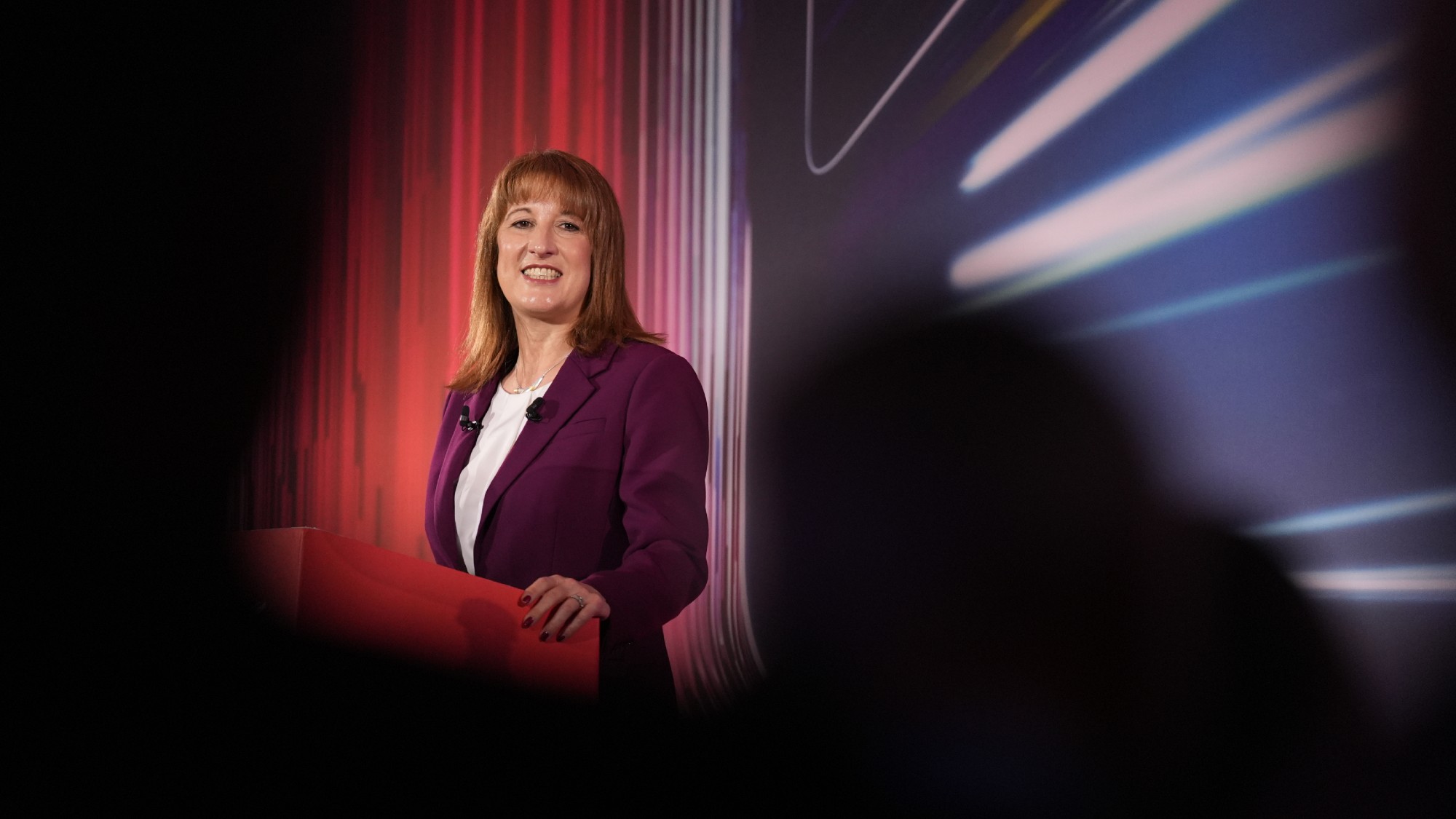 Autumn Budget: will Rachel Reeves raid the rich?
Autumn Budget: will Rachel Reeves raid the rich?Talking Point To fill Britain’s financial black hole, the Chancellor will have to consider everything – except an income tax rise
-
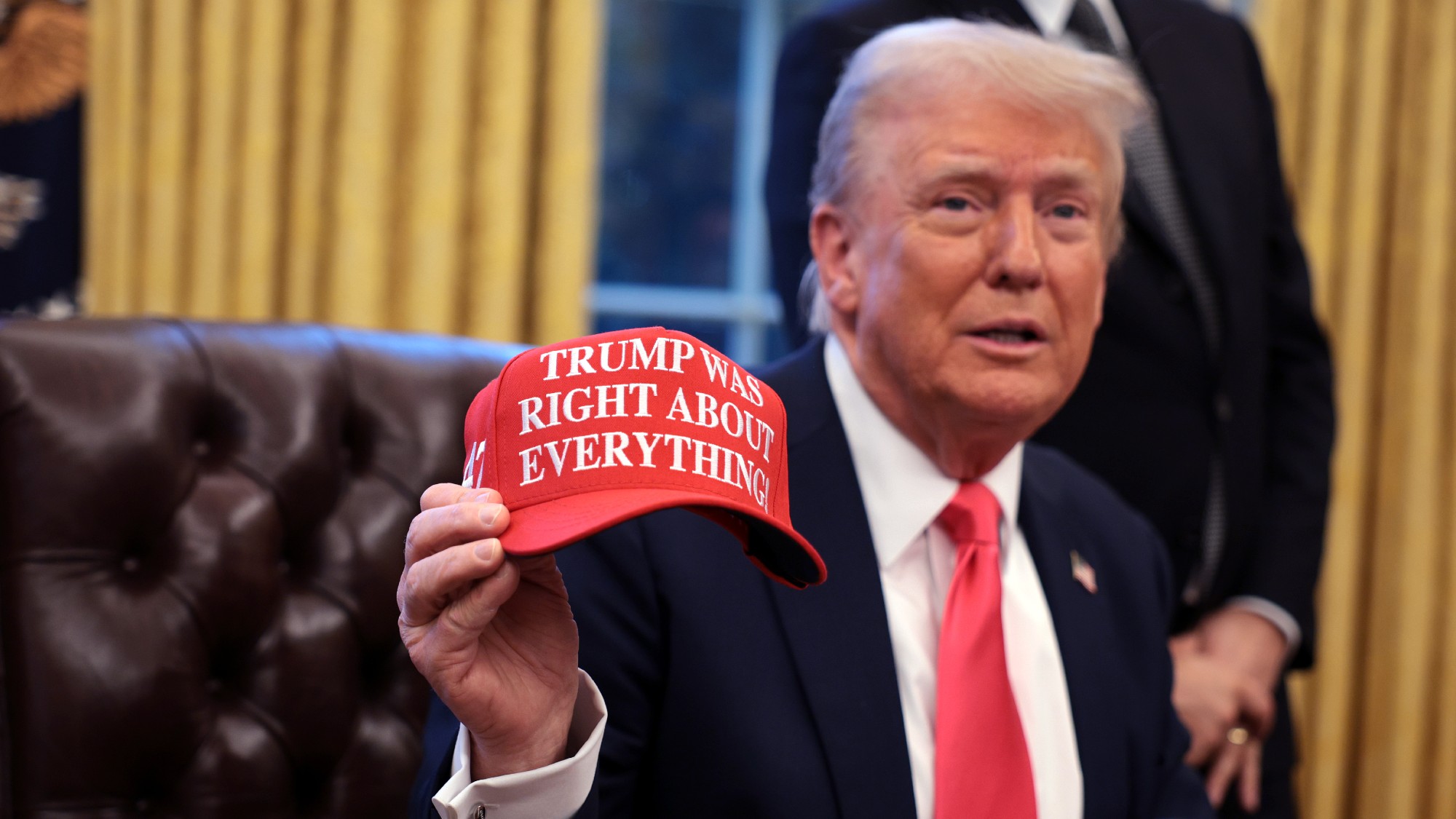 Is Trump's tariffs plan working?
Is Trump's tariffs plan working?Today's Big Question Trump has touted 'victories', but inflation is the 'elephant in the room'
-
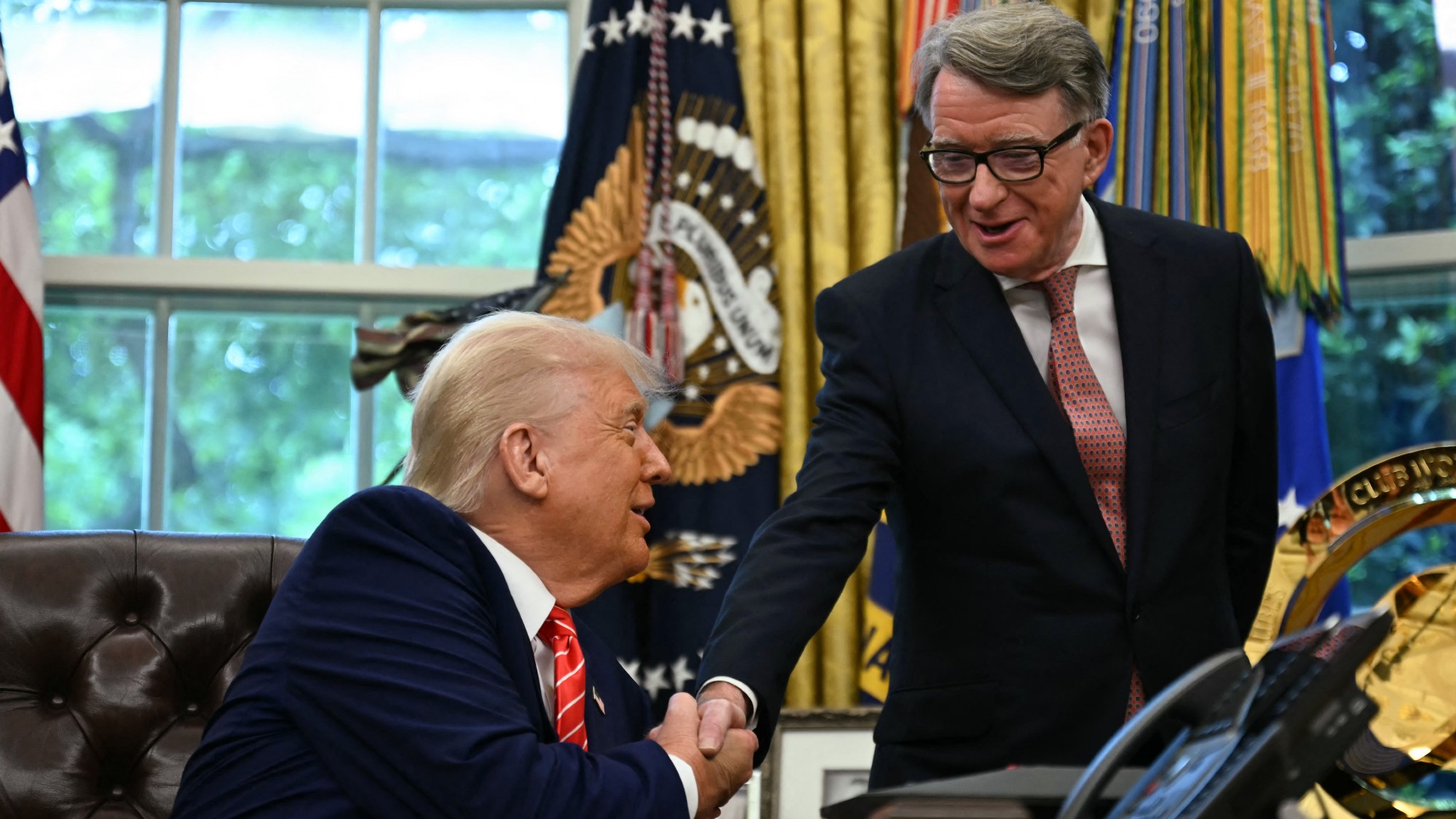 The UK-US trade deal: what was agreed?
The UK-US trade deal: what was agreed?In Depth Keir Starmer's calm handling of Donald Trump paid off, but deal remains more of a 'damage limitation exercise' than 'an unbridled triumph'
-
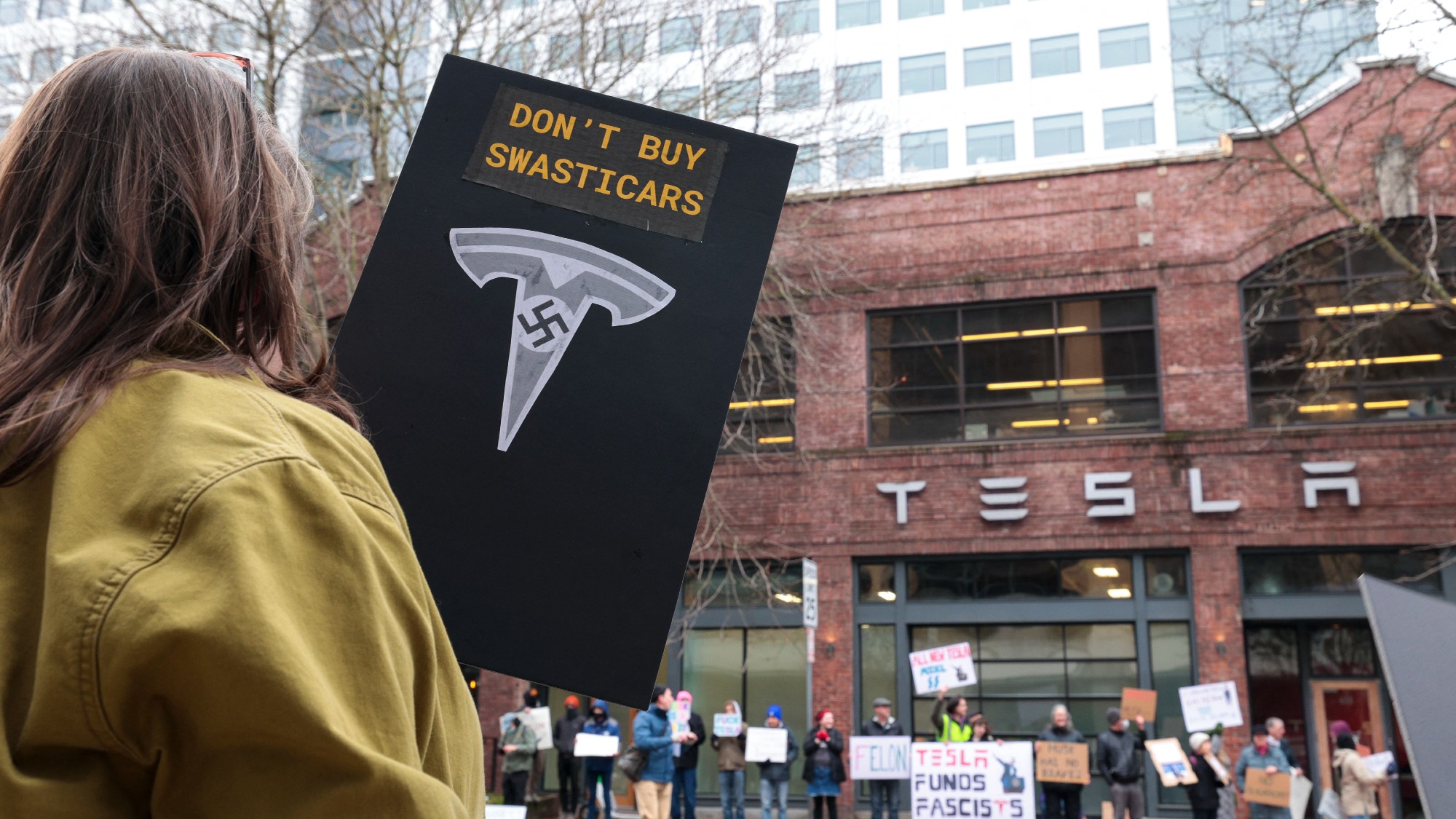 Elon Musk: has he made Tesla toxic?
Elon Musk: has he made Tesla toxic?Talking Point Musk's political antics have given him the 'reverse Midas touch' when it comes to his EV empire
-
 Can the UK avoid the Trump tariff bombshell?
Can the UK avoid the Trump tariff bombshell?Today's Big Question President says UK is 'way out of line' but it may still escape worst of US trade levies
-
 Five years on, can Labour's reset fix Brexit?
Five years on, can Labour's reset fix Brexit?Today's Big Question Keir Starmer's revised deal could end up a 'messy' compromise that 'fails to satisfy anyone'
-
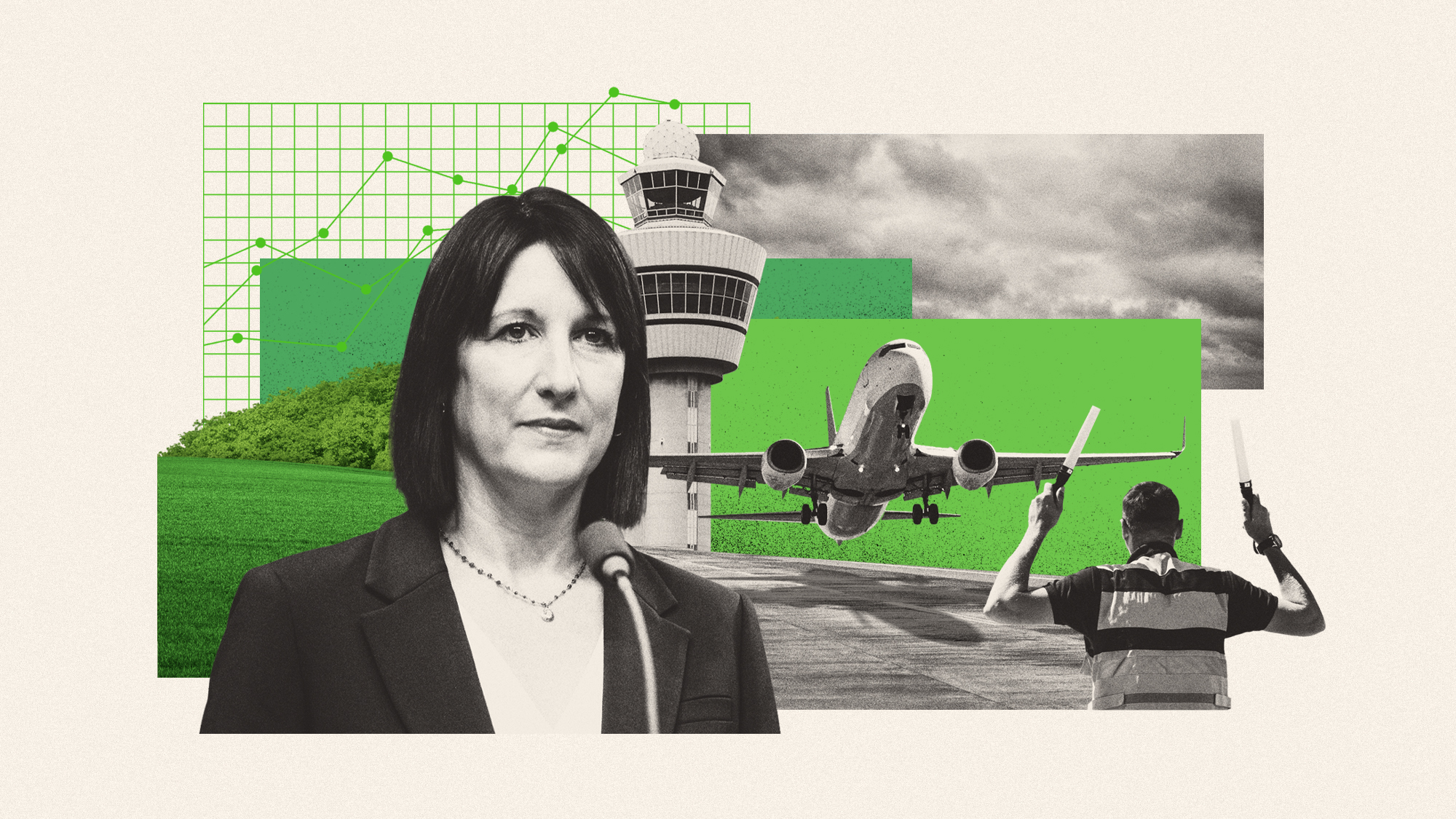 Airport expansion: is Labour choosing growth over the environment?
Airport expansion: is Labour choosing growth over the environment?Today's Big Question Government indicates support for third Heathrow runway and expansion of Gatwick and Luton, despite climate concerns